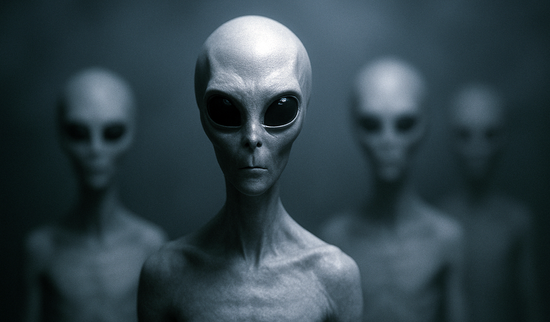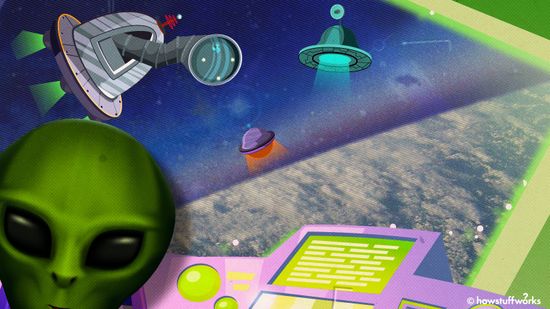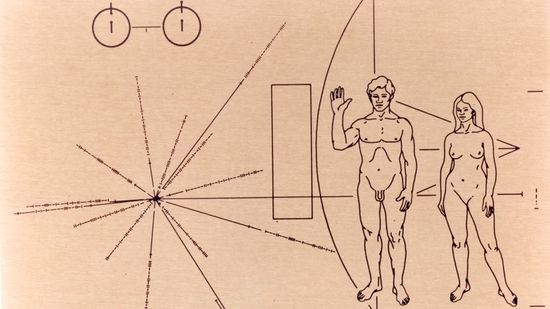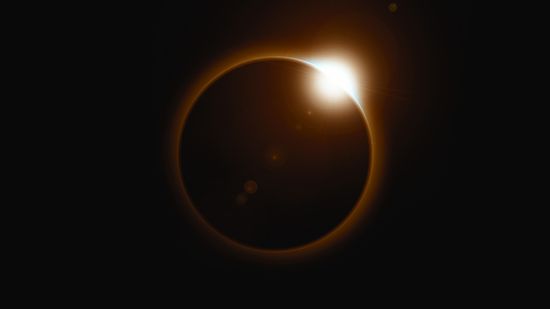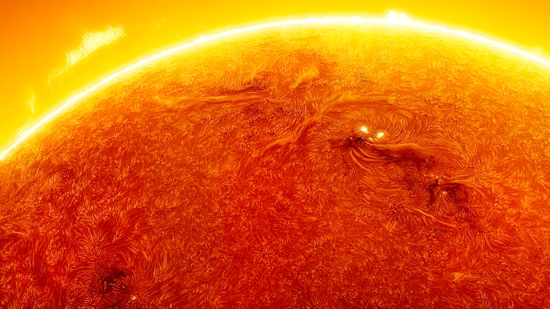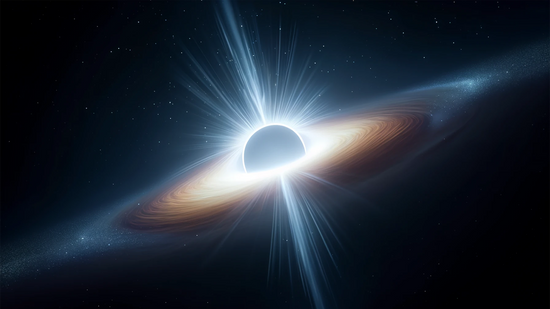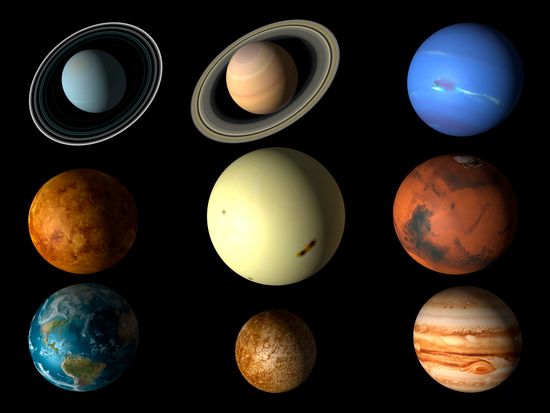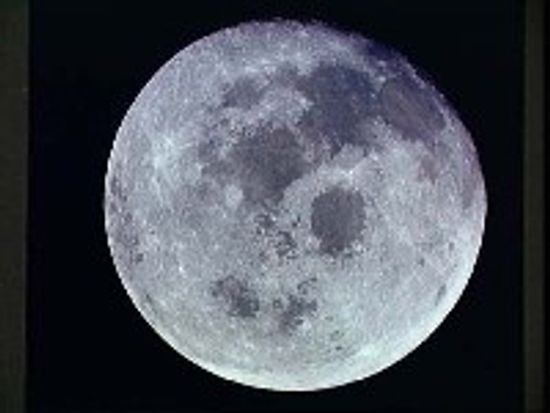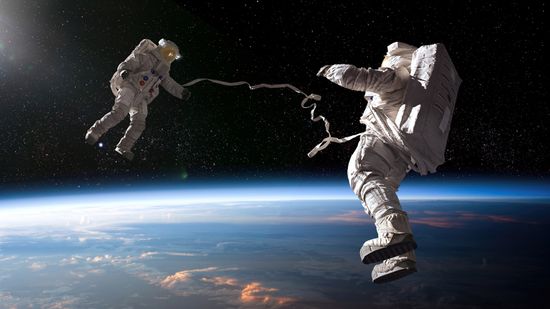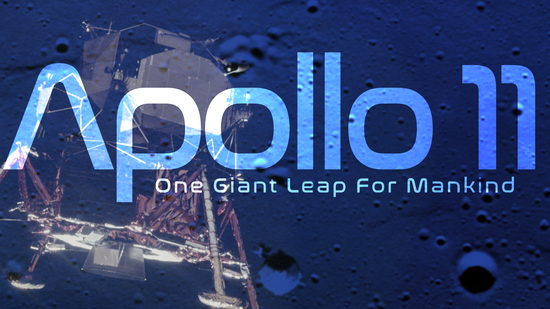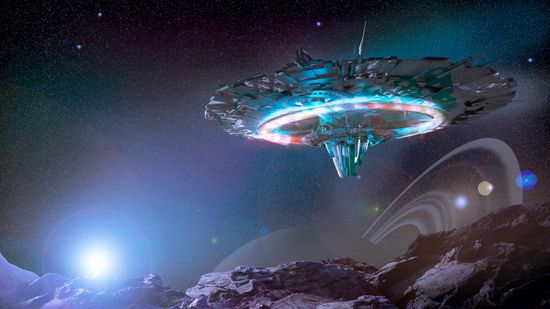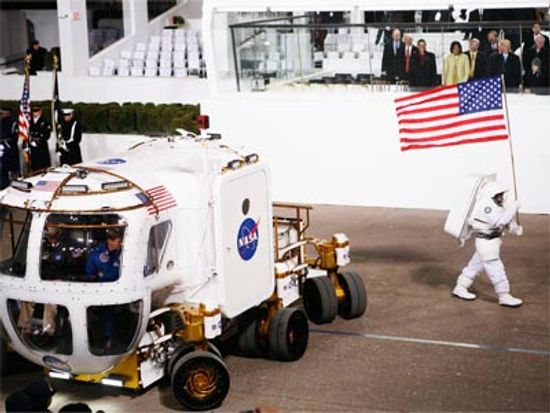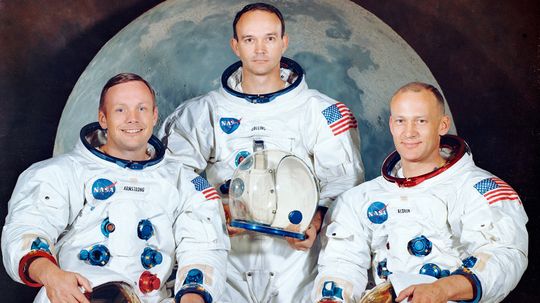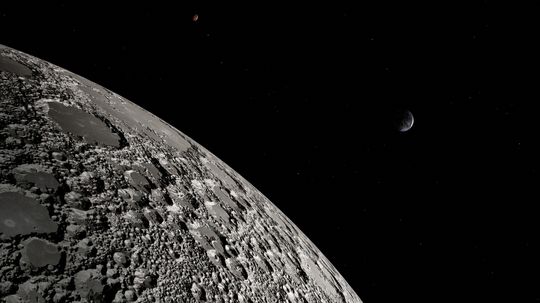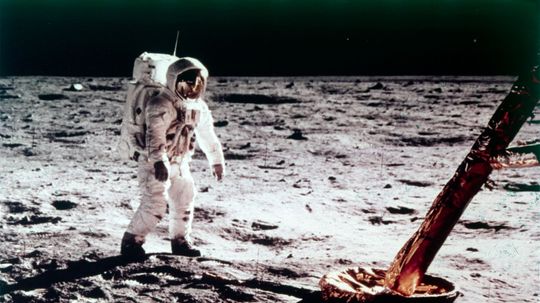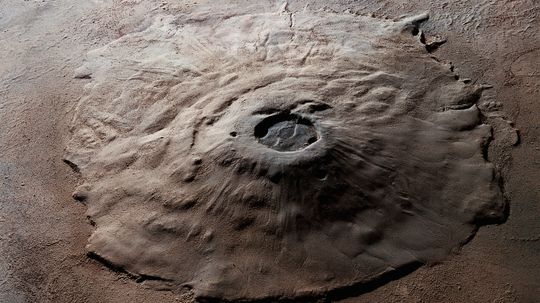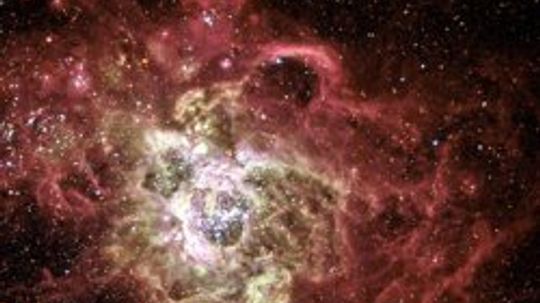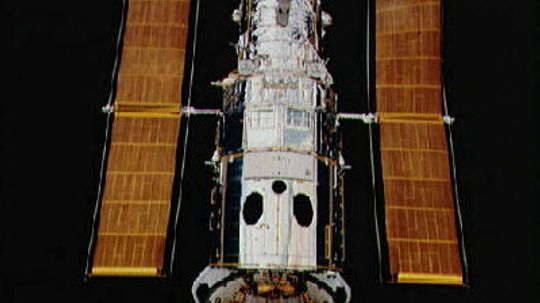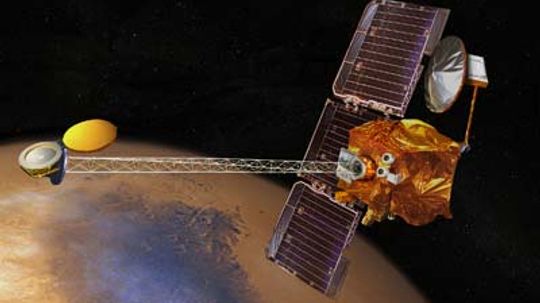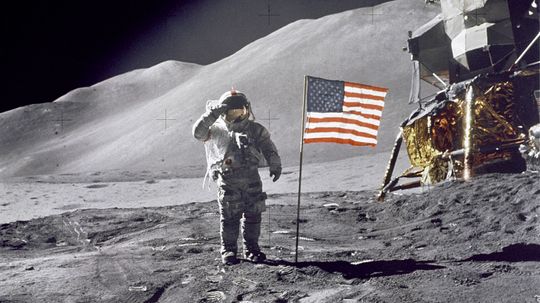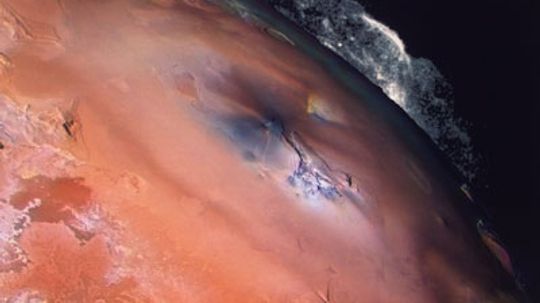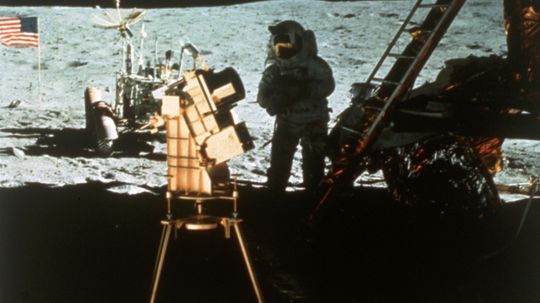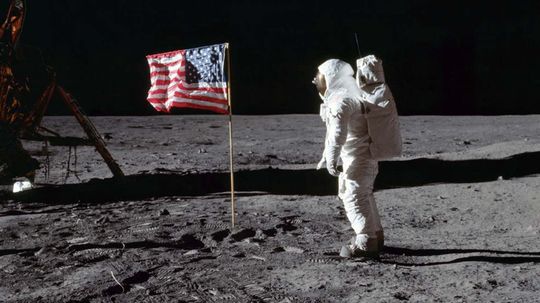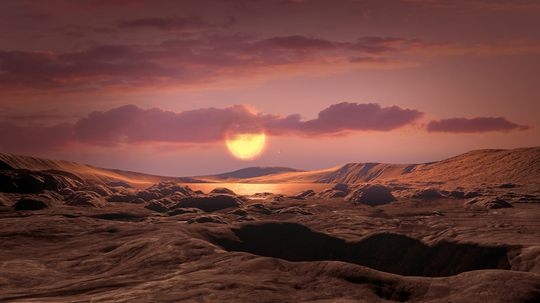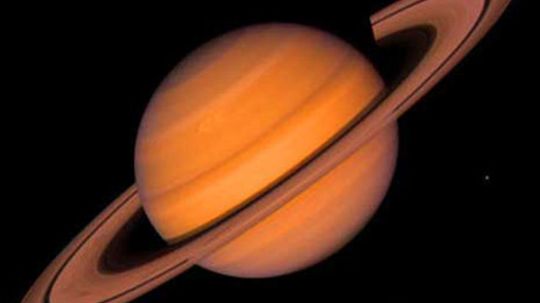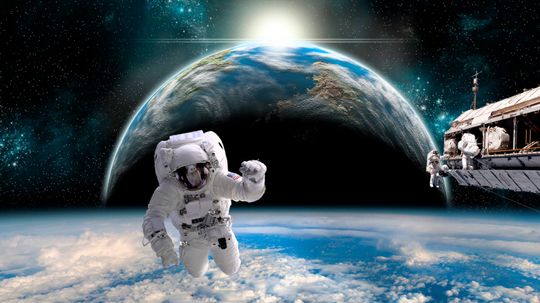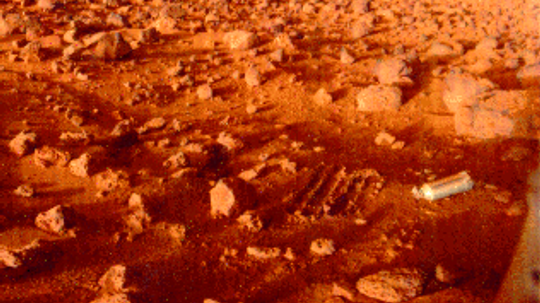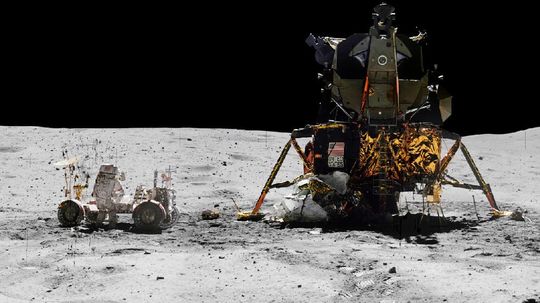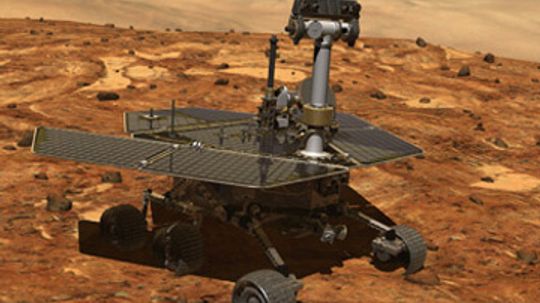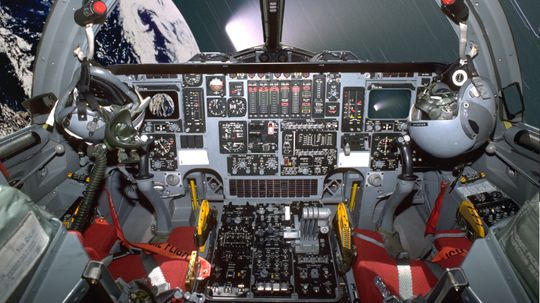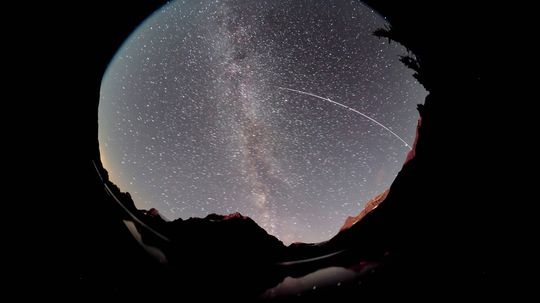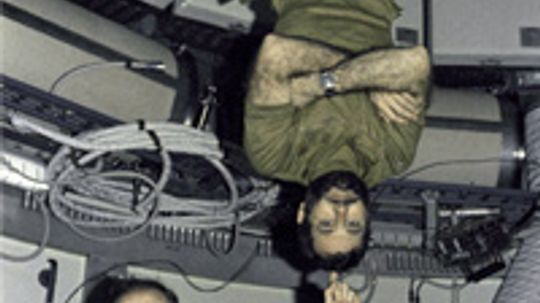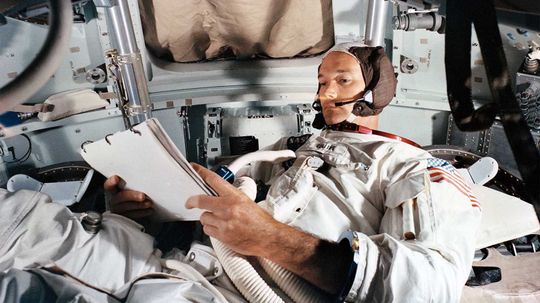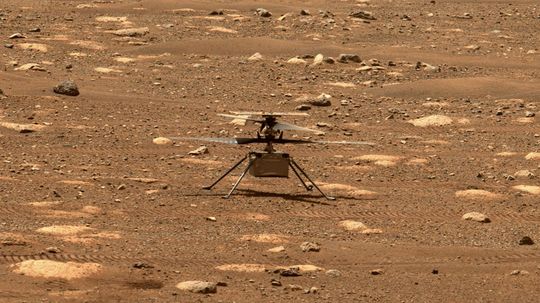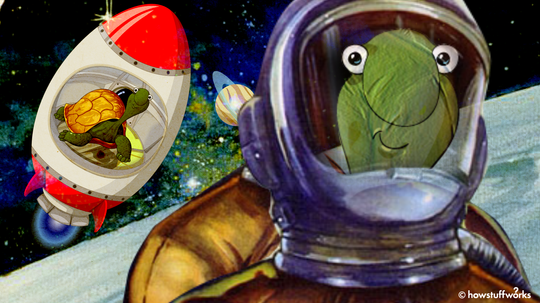Space Exploration
Space exploration is a broad topic covering many facets of deep-space and planetary science. Learn about space probes, Mars Rovers, SETI and other out-of-this-world subjects.
Learn More
Some brave explorers travel across oceans; others blast off into space. This list of famous astronauts celebrates the pioneers of space exploration — those who took "one giant leap" for humankind and expanded our reach beyond Earth.
The most recent India moon landing mission was completed on August 23, 2023. This monumental space mission led by the Indian Space Research Organisation (ISRO) became the first to land on the lunar South Pole.
By Mitch Ryan
It's been more than 50 years since humans first landed on the moon. Pull up a lunar module and let's see how much you know about Neil Armstrong, Buzz Aldrin, Michael Collins and the adventure that immortalized them.
By Mark Mancini
Advertisement
He was responsible for some of humanity's greatest achievements, and his name now graces a massive NASA project. But how did a law degree lead to being a space pioneer?
Fling away your Fodor's! Toss your TripAdvisor! We have the only guided tour of outer space you'll need -- a foray into the final frontier so ambitious it will make the Voyager probes' Grand Tours look like daytrips.
Human beings have only gone as far as the moon and back -- and that's certainly an accomplishment in and of itself. But what other methods do scientists use to learn about our galaxy and beyond? What have we achieved so far in our exploration of the final frontier?
By Rick Mayda
The Hubble Space Telescope is one of the most amazing machines in orbit right now. Learn more about the Hubble Space Telescope and how it works.
Advertisement
Mars Odyssey is NASA's latest Mars spacecraft, and it's going to the red planet in search of water. Learn how this orbiter could pave the way for manned missions to Mars!
By Kevin Bonsor
Since its inception in the late '50s, NASA has accomplished some amazing technical feats. But what are some of the agency's greatest moments?
By Julia Layton & Mark Mancini
The Voyager space probes took dazzling pictures of planets no one had ever seen. And they're still on the move, carrying golden records with a message for aliens -- complete with bagpipes and Louis Armstrong.
It was a small step for a man, a giant leap for mankind. But some people say that the moon landings never happened at all. Why all the conspiracy theories?
By John Fuller
Advertisement
If the Earth is struck by calamity, will survivors find salvation in the proposed Doomsday Ark? The lunar-based vault will contain information that could help jumpstart a new civilization.
By Julia Layton
Apollo astronauts left a lot of stuff behind on the moon. Can you see any of that from Earth, even with a telescope?
By Valerie Stimac & Sascha Bos
The hunt for exoplanets, planets orbiting sun-like stars, is on! Thanks to new equipment, NASA has spotted thousands of them. But which ones might be able to handle life?
If you take cosmic dust and add plasma ... do you get life? Findings suggest that plasma crystals may be the key to one of the universe's greatest mysteries: Is there life out there?
Advertisement
Because an Earth-like environment is created within a spacesuit, it allows you to walk around in space in relative safety. But outer space is an extremely hostile place and could kill you if you aren't protected.
If you spent a year on Mars, you would need to take more food and water than you could possibly carry. But if you had to go, how much would be enough?
People around the world watched as Neil Armstrong touched the moon and declared, "That's one small step for man; one giant leap for mankind." But how did we put a man on the moon?
Of course we want to go to Mars. Until we figure it out though, roving robots with names like Spirit, Opportunity, Sojourner and Curiosity are our best bet for digging up dirt on our nearest planetary neighbor. Want to go along for the ride?
Advertisement
The Voyager spacecraft use 23-watt radios. This is higher than the 3 watts a typical cell phone uses, but in the grand scheme of things it is still a low-power transmitter. The key to receiving the signals is therefore not the power of the radio, but a combination of three other things.
Thousands of satellites fly overhead every day, helping us with things like weather forecasts, scientific research, communications, TV broadcasts (and maybe some surreptitious spying). How much do you know about these eyes in the sky?
By Gary Brown & William Harris
If you consider throwing down a welcome mat on the porch of the International Space Station the same as living "elsewhere," then yes. But what about the moon and destinations beyond?
One of the three-man crew of Apollo 11, the mission that first set foot on the moon, Michael Collins was a true American hero.
By Mark Mancini
Advertisement
Missions to Mars are increasing and the dream of landing a human on the red planet is no longer far-fetched - it might even happen in the next decade. So, how long does it take to get there?
Yep, two small-bodied Russian tortoises made it to the moon and back before man did.
By Mark Mancini
